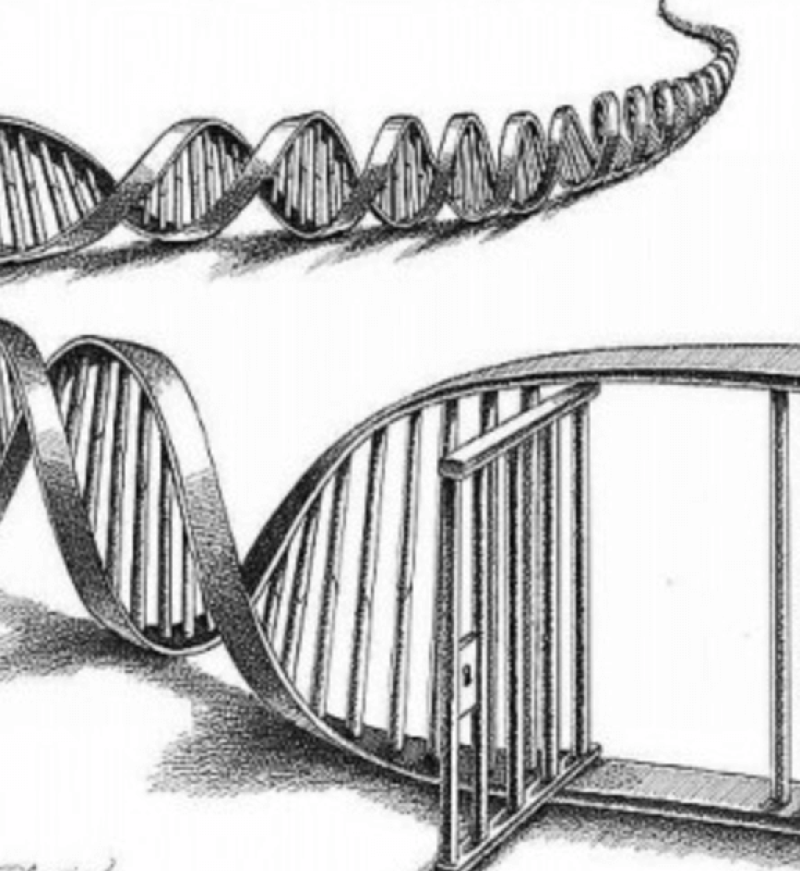Three years ago in Albemarle County, Virginia, Jesse Matthew Jr. abducted and murdered promising 18-year-old University of Virginia student Hannah Graham.
…
In 2009, Mr. Matthew had murdered Morgan Harrington, another young student, and four years before that had attacked and sexually assaulted a woman in Fairfax, Va., leaving DNA beneath her fingernails, which would lead to his conviction after the two murders. But Jesse Matthew had been convicted of misdemeanor criminal trespass in 2010. Had his DNA been recorded at the time, it would have linked him to the 2005 Fairfax attack, and Hannah Graham would be alive today.
…
Most of those who do commit serious crimes have a record of prior misdemeanors. In New York state the average first-time felon has three. Major felons tend to be recidivists.
…
Requiring DNA from everyone would be egregiously invasive, but what is proposed instead is that a person exits the realm of innocence when (with exceptions such as driving under the influence) he is convicted of a crime subject to arrest and incarceration. Biometric and fingerprint data would be taken as a matter of course, and a cheek swab is less demanding than having fingerprints done or tattoos photographed.
[Editor’s Note: The original article is behind a paywall.]
The GLP aggregated and excerpted this blog/article to reflect the diversity of news, opinion, and analysis. Read full, original post: How to save lives with DNA testing































